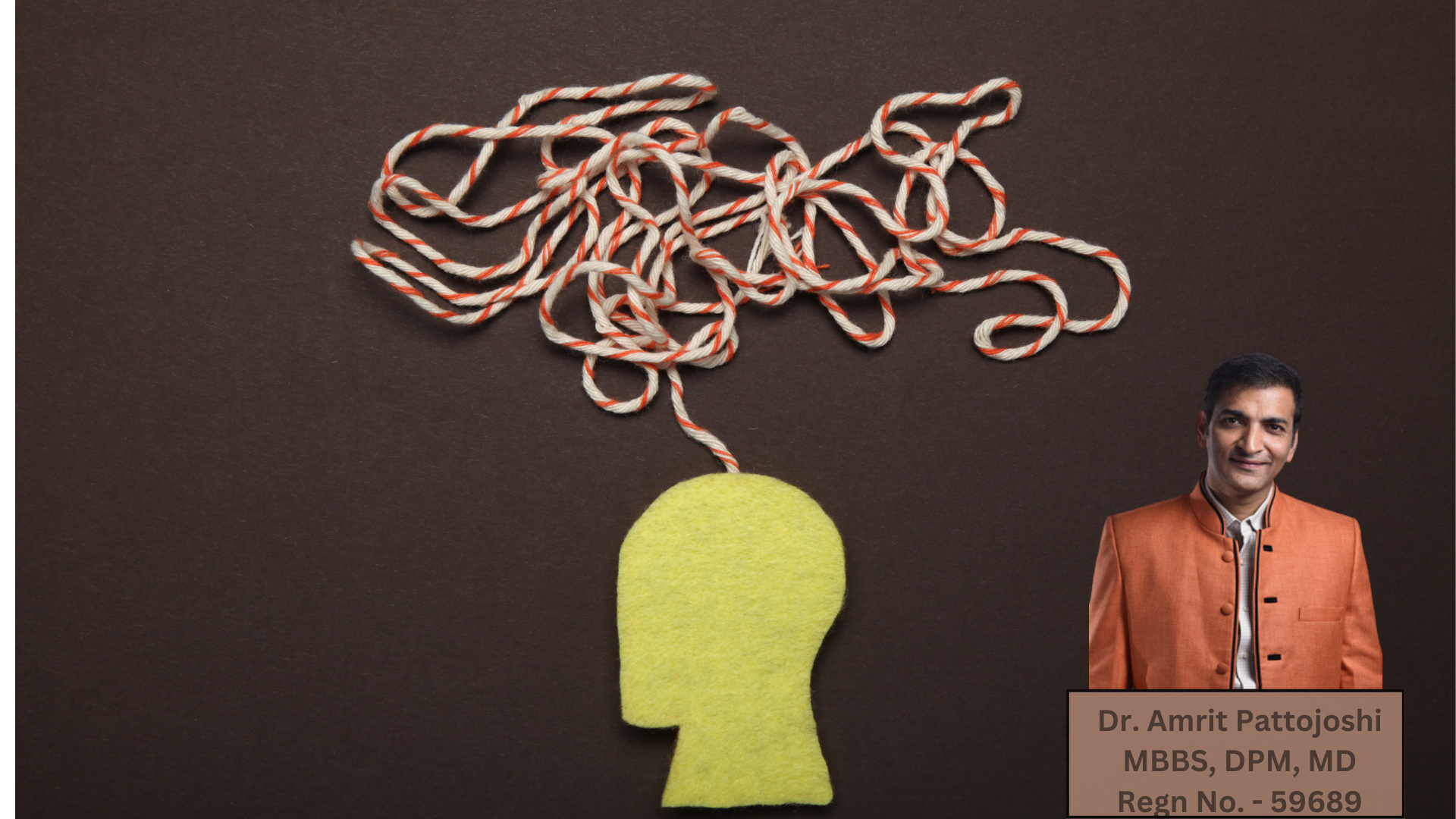Introduction:
Welcome to our website page dedicated to shedding light on three significant neurodevelopmental and neurocognitive conditions: Dementia, Autism, and ADHD. As a medical professional specializing in these areas, Dr. Amrit Pattojoshi aims to provide you with a comprehensive understanding of these conditions, their impact, and potential avenues for support and treatment.
Dementia:
Dementia refers to a group of symptoms affecting cognitive abilities, memory, thinking, and social abilities. It is typically caused by progressive brain disorders such as Alzheimer's disease. Dementia is more common in older individuals, but it can occur in younger people as well. The condition often presents with memory loss, confusion, difficulties with communication, and changes in behavior. Early diagnosis and intervention are crucial for managing dementia effectively.
To better comprehend the complexities of dementia, it is essential to explore its various types, such as Alzheimer's disease, vascular dementia, Lewy body dementia, and frontotemporal dementia. Each type has distinct characteristics and requires specific treatment approaches.
Autism:
Autism, also known as Autism Spectrum Disorder (ASD), is a lifelong neurodevelopmental condition that affects social interaction, communication, and behavior. It is typically diagnosed in early childhood. Individuals with autism may have difficulties with social interactions, display repetitive behaviors, show limited interests, and have sensory sensitivities. While the exact causes of autism are still being studied, a combination of genetic and environmental factors is believed to play a role.
It's important to understand that autism is a spectrum disorder, meaning that its severity and characteristics can vary greatly from person to person. Early diagnosis and intervention, along with specialized therapies and support, can significantly improve the quality of life for individuals with autism.
ADHD:
ADHD, or Attention-Deficit/Hyperactivity Disorder, is a neurodevelopmental condition characterized by persistent patterns of inattention, hyperactivity, and impulsivity that interfere with daily functioning and development. It commonly affects children and adolescents, but it can persist into adulthood as well. Individuals with ADHD may have trouble focusing, staying organized, managing time, and controlling impulsive behaviors.
ADHD can have a significant impact on academic performance, relationships, and overall well-being. It is important to note that ADHD is a clinically diagnosed condition, and a thorough evaluation by a healthcare professional is necessary for an accurate diagnosis. Treatment options may include behavioral therapy, medication, and support strategies tailored to the individual's specific needs.
In conclusion, Dementia, Autism, and ADHD are complex conditions that require a comprehensive understanding to provide effective support and treatment. Dr. Amrit Pattojoshi is dedicated to helping individuals and families affected by these conditions, offering expertise, guidance, and personalized care. By staying informed and seeking professional help, we can empower those living with Dementia, Autism, and ADHD to lead fulfilling lives and reach their full potential.
